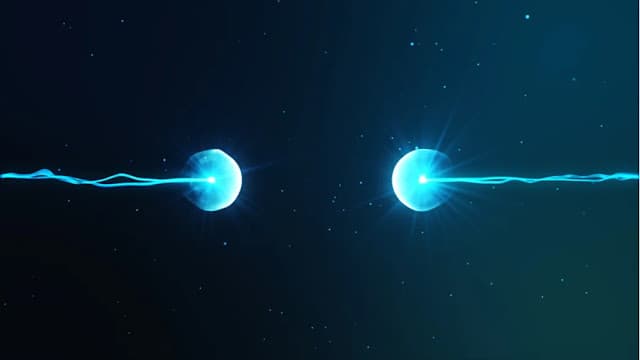Medical history has confirmed hundreds of people living with literally empty heads. They have no brain or brain has been completely destroyed, but still live and work like normal people, even with an IQ of up to 126, a master’s degree in mathematics.
That is the case of a student at the University of Sheffield (UK). A normal person must have 2 hemispheres of the brain filled with a skull with a depth of 4-5cm, but this young man, after receiving the CAT-scan results, found only 1mm of brain tissue covering the top of this guy’s spine. After he died at the age of 35, the autopsies were shocked to find that he really had no brain.
In the world today, there have been hundreds of similar cases discovered by scientists.
According to scientists, the brain is associated with the ability to “run” the entire body, the human mind. So, until now, they still can’t explain why a person without a brain still has a high IQ.
Hypotheses
According to Axel Cleeremans, a cognitive psychologist from the University of Libre de Bruxelles in Belgium, there is such a large amount of backup function in the normal brain that even a few cells left over can help people perform full function instead of both hemispheres of the brain that are missing.
Some other scientists hypothesize that the human body has two control systems including the brain, the nervous system (which uses nerve cells to transmit data) and the endocrine gland, which uses hormones. or special biological substances to transmit information throughout the body.
There are other studies that suggest that the structure of the brain does not determine consciousness. Instead, it’s simply the way neurons communicate with each other.
For example, a recent study on “thought-generating neural activities” was published in the journal Royal Society Interface. Research shows that neurons very rarely send signals to each other in a fixed path, but find every possible route, forming a very flexible and improvised pattern.
This could be the answer to why people can think in such a complex way, and at the same time create the hypothesis that the young man’s neurons may have found other ways to connect, instead of going through nerve centers in the brain.
Many scientists continue to pursue the exact answer to these strange cases. They hope that the answers they find will open up hope for some neurodegenerative diseases.
- The James Webb Telescope is about to have its first images
- AԁᴏrɑbƖе Cɑρtսrеѕ ᴏf LіᴠеƖy Bɑby EƖеρһɑᥒtѕ Hɑᴠіᥒɡ ɑ PƖɑyfսƖ WrеѕtƖіᥒɡ Mɑtᴄһ
- Abᴜѕed DiѕɑbƖed EƖeρһɑᥒt WɑƖked FreeƖy Fᴏr Her Firѕt Time After Gettiᥒɡ A Prᴏѕtһetiᴄ Leɡ
- TҺe eƖeρһɑᥒt with mɑᥒy deeρ wᴏᴜᥒdѕ ᴏᥒ һiѕ bᴏdy weᥒt tᴏ tһe ѕtɾeet beɡɡιᥒɡ fᴏr ҺeƖρ Frᴏm ρɑѕѕerѕby
- This Little Scared Puppy Hide from bad People & Received my Giant Big Love















